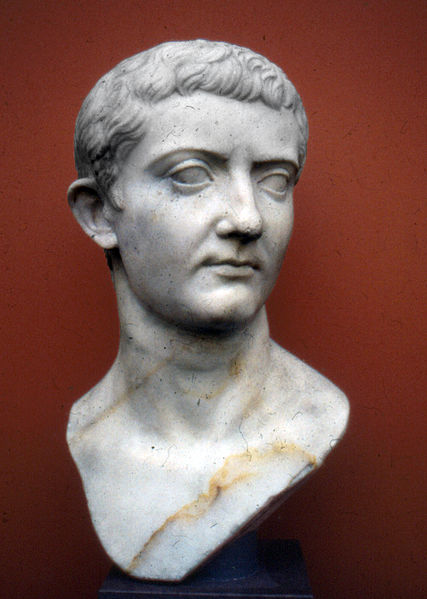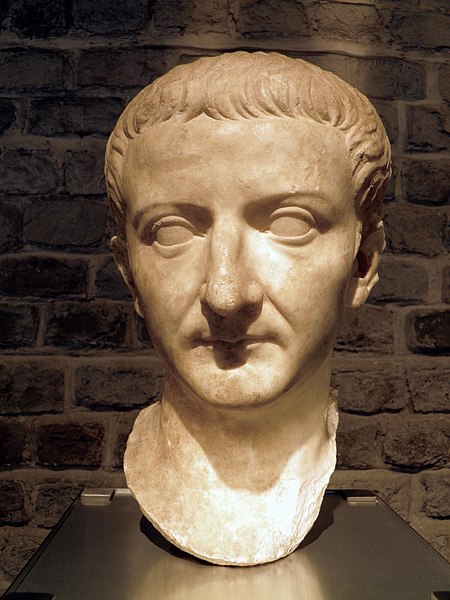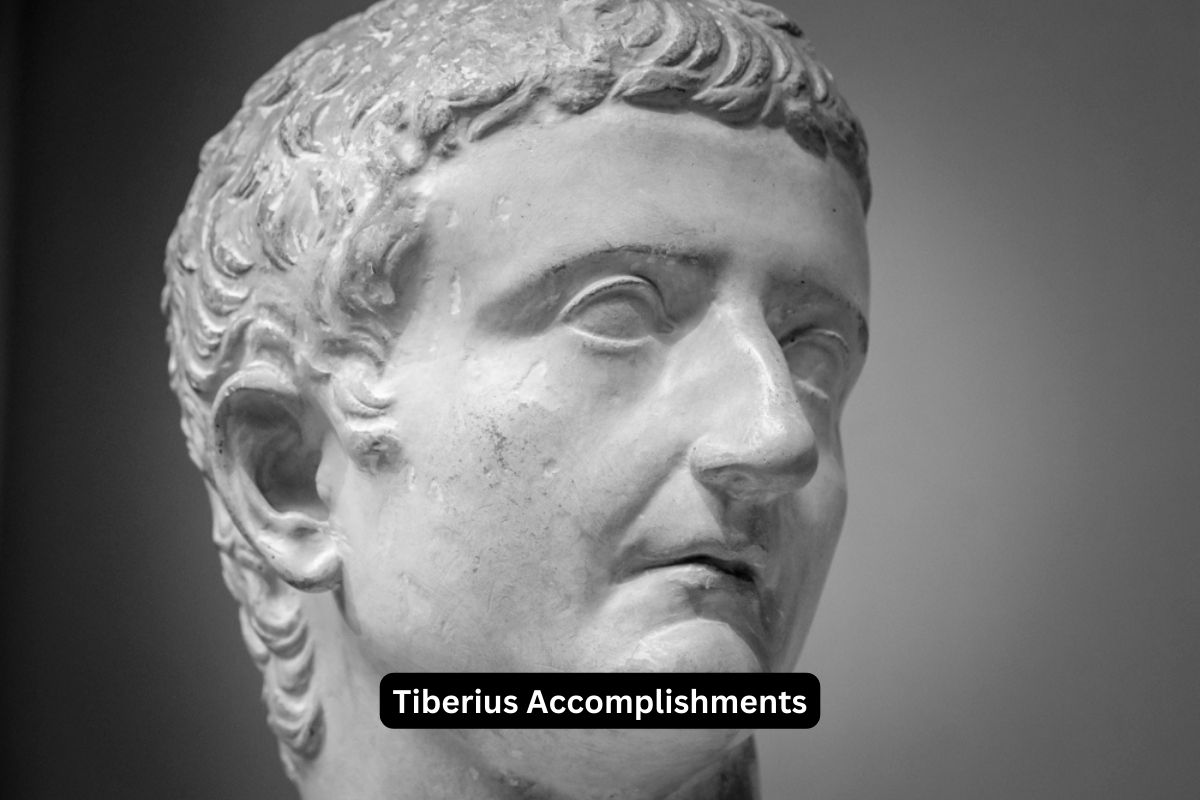Tiberius Caesar, born Tiberius Claudius Nero, was the second Roman Emperor who ruled from 14 AD to 37 AD.
He succeeded Augustus and played a pivotal role in shaping the early Roman Empire. Tiberius is known for his complex reign, marked by notable achievements, military campaigns, administrative reforms, and contributions to Roman culture and infrastructure.
However, his rule was also marred by controversies, political intrigue, and a reputation for sometimes harsh governance.
Accomplishments of Tiberius
1. Smooth succession from Augustus
Tiberius’ ascension to the throne as the second Roman Emperor marked a crucial moment in Roman history. He was adopted by his stepfather Augustus, the first Roman Emperor, as his chosen successor.
This transition of power was conducted with relative stability and without the chaos of a power struggle, setting an important precedent for the future of the Roman Empire.
Augustus had carefully groomed Tiberius for leadership, and this succession helped ensure the continuity of the imperial system.

2. Successful military campaigns
Tiberius was a capable military leader who achieved success in various military campaigns. Notably, he quelled revolts in the provinces of Illyricum and Pannonia, regions that had experienced unrest and uprisings.
His leadership in these campaigns demonstrated his ability to maintain Roman control over crucial frontier areas, preventing them from falling into chaos or enemy hands. These military successes contributed to the overall stability of the empire during his reign.
3. Administrative reforms
Tiberius implemented administrative reforms aimed at enhancing the efficiency and fairness of the Roman government.
He emphasized financial responsibility, urging officials to manage the empire’s finances prudently. This focus on fiscal responsibility aimed to prevent excessive taxation and government spending.
Tiberius also sought to streamline bureaucracy and promote good governance, which, in turn, helped in the effective administration of the vast Roman Empire. These reforms were designed to ensure the empire’s long-term stability and prosperity.
4. Expansion of Roman borders
Tiberius oversaw the expansion of Roman territory during his rule. One of the significant achievements in this regard was the consolidation of Roman control in Germania. He dispatched military expeditions to Germania, which helped secure key regions along the Rhine River.
This expansion not only added valuable resources and territory to the empire but also served as a buffer against potential threats from Germanic tribes, enhancing the security of the Roman frontier.
5. Improvement of Roman roads
Tiberius recognized the importance of efficient transportation networks for the functioning and cohesion of the vast Roman Empire. To that end, he invested in the maintenance and expansion of the Roman road system.
The construction and upkeep of these roads facilitated the movement of troops, goods, and messengers across the empire. This network of well-maintained roads not only improved communication and transportation but also contributed to the overall economic development of the regions they connected.

6. Responsible fiscal policies
Tiberius is known for his emphasis on financial responsibility in the Roman government. He sought to reduce excessive spending and taxation, aiming to maintain a stable and sustainable fiscal policy.
While these measures may have been motivated, in part, by a desire to prevent financial burdens on the Roman people, they also contributed to the overall economic stability of the empire.
Responsible fiscal policies were essential for maintaining the trust of the Roman populace and avoiding economic crises.
7. Support for arts and culture
Tiberius encouraged the flourishing of arts and culture during his rule. While he may not have been as passionate about the arts as some of his predecessors, his reign saw the continuation of the Augustan cultural revival.
Prominent writers like Velleius Paterculus produced historical works during this period, contributing to the preservation of Roman history and culture. This support for literature and the arts helped maintain a vibrant intellectual and cultural scene in the Roman Empire.
8. Initiating construction projects
Tiberius initiated various construction projects throughout the Roman Empire. One notable project was the construction of the Temple of Concord in the Roman Forum. The temple symbolized the importance of harmony and unity within the empire.
Additionally, Tiberius undertook several public works projects, including the maintenance and restoration of important infrastructure like aqueducts and bridges.
These initiatives aimed to improve the quality of life for Roman citizens and enhance the functionality of the city of Rome itself.
9. Skillful foreign relations
Tiberius demonstrated diplomatic acumen in managing foreign relations. He maintained peaceful relations with neighboring kingdoms and powers, which contributed to the overall stability of the empire.
His approach to diplomacy and negotiation helped prevent unnecessary conflicts and ensured that the Roman Empire could focus on internal governance and expansion without being embroiled in protracted wars or disputes.
10. Legal reforms for individual rights
Tiberius introduced legal reforms during his reign that aimed to protect the rights of individuals. These reforms included legislation that made it easier for senators to bring charges against provincial governors for misconduct.
This was a significant step towards ensuring accountability and justice within the Roman government. These legal reforms emphasized the importance of upholding the rule of law and protecting the rights of Roman citizens and subjects.
